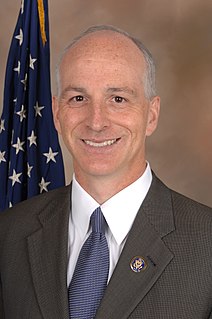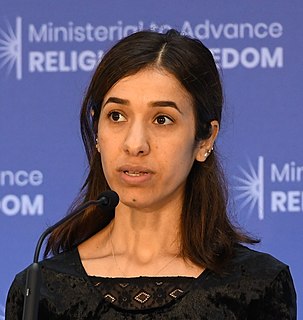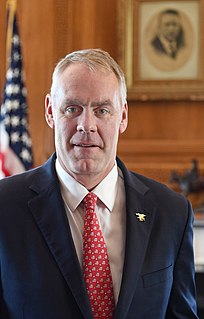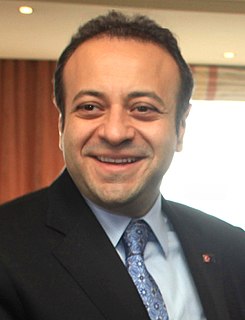A Quote by David Adam Smith
It is important to understand that there are two separate battles taking place in Iraq: there is the political rift between the Sunnis, Shia and the Kurds and there is a foreign extremist group - ISIS - trying to take advantage of the political environment through violence. If the Iraqis can resolve their political differences, it will be far more difficult for ISIS to thrive. Moving forward, we should continue to evaluate additional steps to help combat ISIS as we see what the Iraqis are willing to do politically, but we must also firmly guard against mission creep.
Quote Topics
Additional
Advantage
Against
Also
Battles
Between
Combat
Continue
Creep
Differences
Difficult
Environment
Evaluate
Extremist
Far
Firmly
Foreign
Forward
Group
Guard
Help
Important
Iraq
Isis
Kurds
Mission
More
Moving
Moving Forward
Must
Place
Political
Political Differences
Political Environment
Politically
Resolve
Rift
See
Separate
Shia
Should
Steps
Take
Take Advantage
Taking
Thrive
Through
Trying
Two
Understand
Violence
Will
Willing
Related Quotes
There is no military solution to the war in Iraq. Our troops can help suppress the violence, but they cannot solve its root causes. And all the troops in the world won't be able to force Shia, Sunni, and Kurd to sit down at a table, resolve their differences, and forge a lasting peace. In fact, adding more troops will only push this political settlement further and further into the future, as it tells the Iraqis that no matter how much of a mess they make, the American military will always be there to clean it up.
Constraint theory argues a number of things. First, that the impossible has to be identified. Second, that the actor is then constrained by circumstances to act a certain way. For example, should we invade ISIS? Can we invade ISIS? What would it take to invade ISIS? Once you ask that question you discover the price of that option and then you take a look at American politics and see that the country is probably not prepared to invest the 2 to 3 million people that it would take to defeat ISIS and the insurgency afterwards. All right, so that's not going to happen.
The problem of ISIS is not recent. Ever since the Second World War, people in this region have been, and are today, living under brutal dictatorships governed by nationalistic fervor. As for the Kurdish question: nobody from the Arab world is serious about fighting ISIS. It's only the Kurdish people who are standing firm against ISIS. And I think Europe, the United States, and most other democratic countries of the world are beginning to look at the Kurds in another way. The Kurds are really becoming their partners in the region.
Secretary Clinton is talking about taking out ISIS. "We will take out ISIS." Well, President Obama and Secretary Clinton created a vacuum the way they got out of Iraq, because they got out - what, they shouldn't have been in, but once they got in, the way they got out was a disaster. And ISIS was formed.
The Sunnis no longer recognize the centralized government as a legitimate power. The Shia militia that is moving around is calling out war crimes that are anti-Sunni. So, the Sunnis are in a tough spot. Do they move to an ISIS, which is a radical Islamic terrorist organization? Or do they defend themselves? Or do they give up?
Turkey is trying to fight with ISIS in al-Bab, in Syria, in Iraq, and our allies who have been with ISIS are not providing as much support and intelligence on this front. We have a saying Turkish. If your neighbour's house is on fire and you don't help them put it out, that fire will eventually burn your own home.
We saw that, as Syrian troops went to Aleppo, ISIS took Palmyra. But ISIS' days are numbered. The Donald Trump administration has said that they're going to concentrate on ISIS and they're going to work with Russia. Now, we don't know whether they really will work with Russia or not, but it's clear that ISIS is going to be pounded.
































